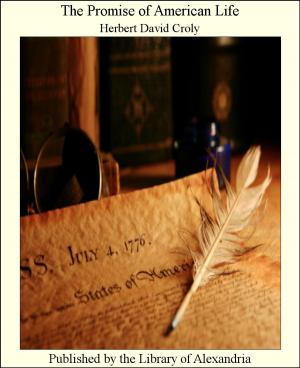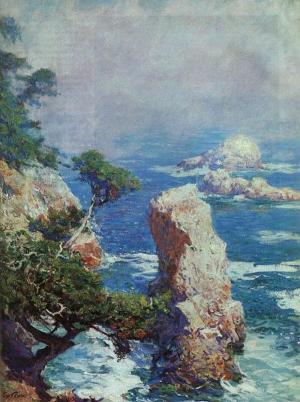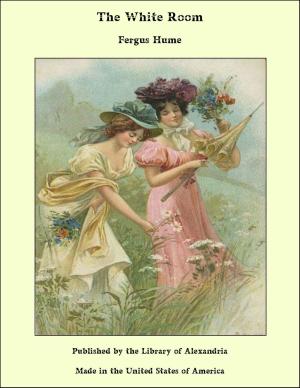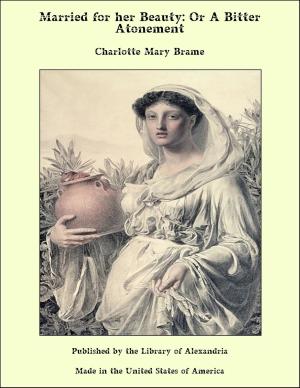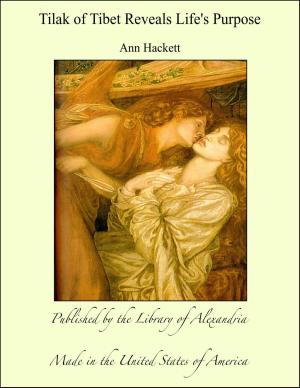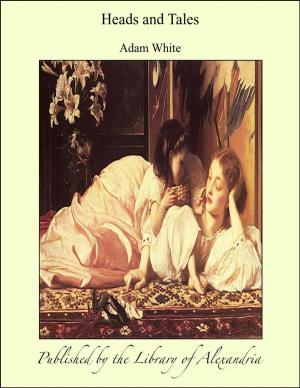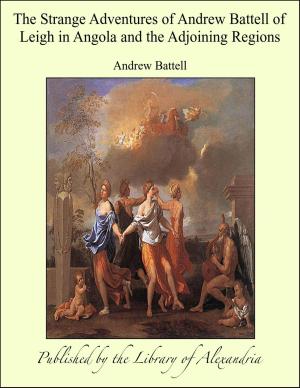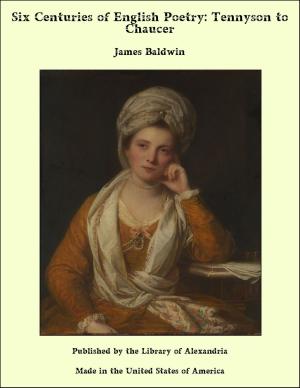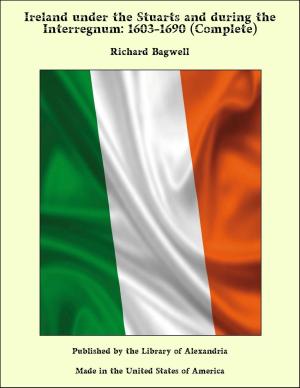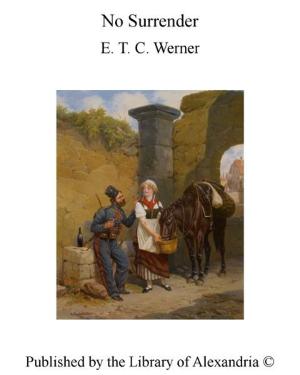History of English Literature From 'Beowulf' to Swinburne
Nonfiction, Religion & Spirituality, New Age, History, Fiction & Literature| Author: | Andrew Lang | ISBN: | 9781465618696 |
| Publisher: | Library of Alexandria | Publication: | March 8, 2015 |
| Imprint: | Language: | English |
| Author: | Andrew Lang |
| ISBN: | 9781465618696 |
| Publisher: | Library of Alexandria |
| Publication: | March 8, 2015 |
| Imprint: | |
| Language: | English |
The literature of every modern country is made up of many elements, contributed by various races; and has been modified at different times by foreign influences. Thus, among the ancient Celtic inhabitants of our islands, the peoples whom the Romans found here, the Welsh have given us the materials of the famous romances of King Arthur, and from the Gaelic tribes of Ireland and Scotland come the romances of heroes less universally known, Finn, Diarmaid, Cuchulain, and the rest. But the main stock of our earliest poetry and prose, like the main stock of our language, is Anglo-Saxon. The Anglo-Saxon tribes who invaded Britain, and after the departure of the Romans (411) conquered the greater part of the island, must have had a literature of their own, and must have brought it with them over sea. For all early peoples, even the least civilized, possess the germs of literature. They have their hymns to their Divine Father above the sky, and to gods and spirits; they have magic songs, to win the love of women, or to cause the deaths of men; they have love-songs, and songs of feats of war. They possess fairy-tales, and legends in prose concerning gods and fabulous heroes; they have tales of talking birds and beasts; and they have dances in which the legends of old heroes are acted and sung. These dances are the germ of the drama: the songs are the germs of lyric poetry; the beast-stories are the sources of books like Æsop's Fables and Ovid's "Metamorphoses"; and the fairy-tales are the earliest kind of novels. The Anglo-Saxon invaders were, of course, on a very much higher level than that of savages. They were living in the age of iron; they did not use bronze for their swords, spears, and axes; much more remote were they from the period of stone axes, stone, knives, and stone arrow-heads. They could write, not in the Roman alphabet, but in "Runes," adapted at some unknown time by the Germanic peoples, probably from the Greek characters; and there is no reason why they should not have used this writing to preserve their poetry, though it is not certain that they did so at this early, period. One early Anglo-Saxon poem, indeed, "The Husband's Message," professes to be written in runic characters on a staff or tablet of wood. Even more ancient poems may have been written and preserved in this way, but the wood, the bóc (book) as it was called, has perished, while brief runic inscriptions on metal and on stone remain.
The literature of every modern country is made up of many elements, contributed by various races; and has been modified at different times by foreign influences. Thus, among the ancient Celtic inhabitants of our islands, the peoples whom the Romans found here, the Welsh have given us the materials of the famous romances of King Arthur, and from the Gaelic tribes of Ireland and Scotland come the romances of heroes less universally known, Finn, Diarmaid, Cuchulain, and the rest. But the main stock of our earliest poetry and prose, like the main stock of our language, is Anglo-Saxon. The Anglo-Saxon tribes who invaded Britain, and after the departure of the Romans (411) conquered the greater part of the island, must have had a literature of their own, and must have brought it with them over sea. For all early peoples, even the least civilized, possess the germs of literature. They have their hymns to their Divine Father above the sky, and to gods and spirits; they have magic songs, to win the love of women, or to cause the deaths of men; they have love-songs, and songs of feats of war. They possess fairy-tales, and legends in prose concerning gods and fabulous heroes; they have tales of talking birds and beasts; and they have dances in which the legends of old heroes are acted and sung. These dances are the germ of the drama: the songs are the germs of lyric poetry; the beast-stories are the sources of books like Æsop's Fables and Ovid's "Metamorphoses"; and the fairy-tales are the earliest kind of novels. The Anglo-Saxon invaders were, of course, on a very much higher level than that of savages. They were living in the age of iron; they did not use bronze for their swords, spears, and axes; much more remote were they from the period of stone axes, stone, knives, and stone arrow-heads. They could write, not in the Roman alphabet, but in "Runes," adapted at some unknown time by the Germanic peoples, probably from the Greek characters; and there is no reason why they should not have used this writing to preserve their poetry, though it is not certain that they did so at this early, period. One early Anglo-Saxon poem, indeed, "The Husband's Message," professes to be written in runic characters on a staff or tablet of wood. Even more ancient poems may have been written and preserved in this way, but the wood, the bóc (book) as it was called, has perished, while brief runic inscriptions on metal and on stone remain.

